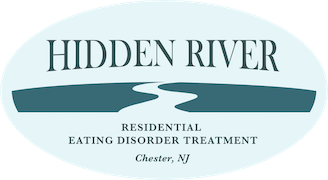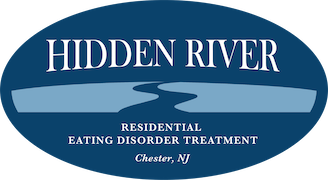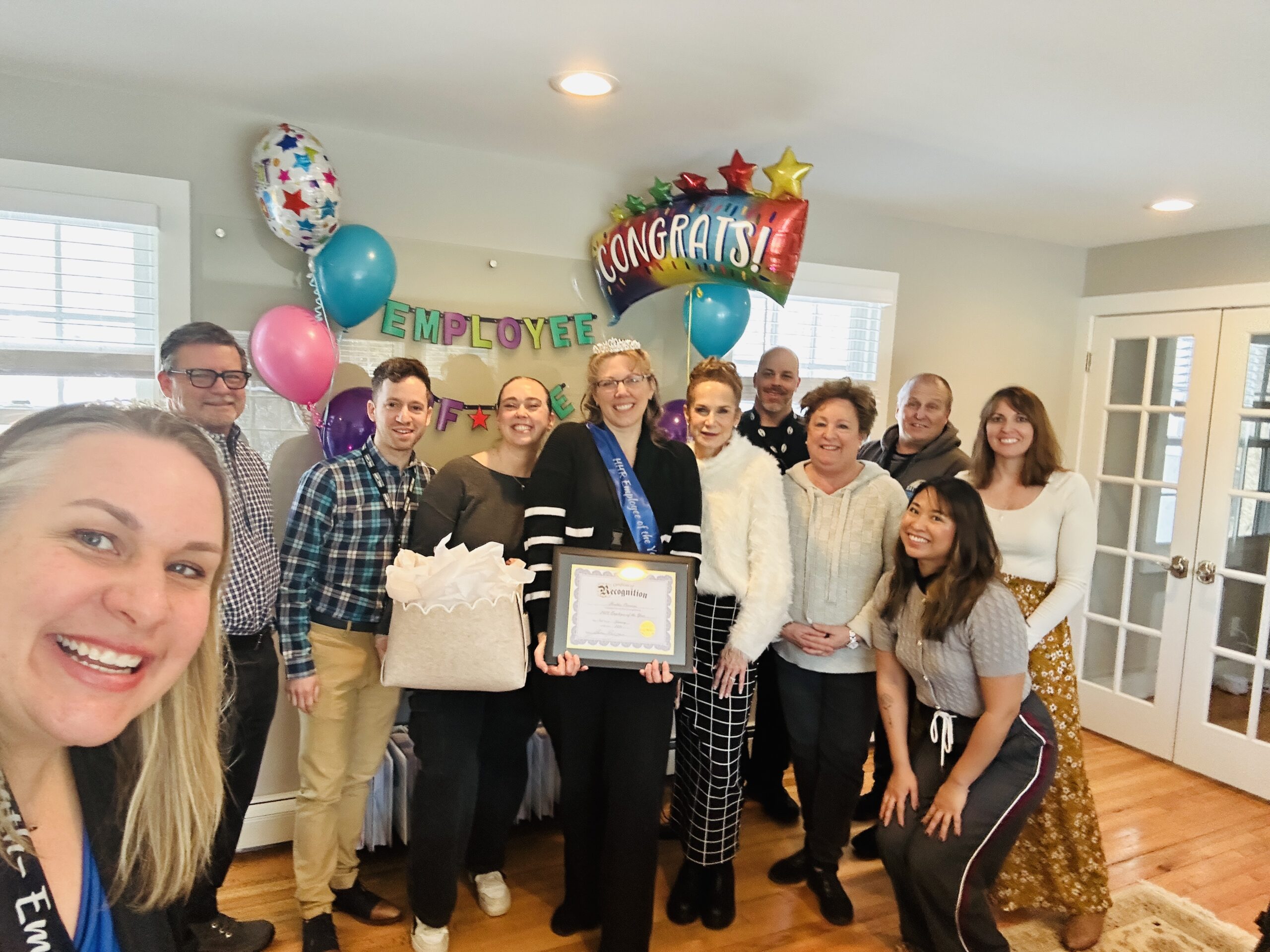Family Involvement in Eating Disorder Treatment at Hidden River
Eating disorders are challenging – not only for the individual experiencing the condition but also their family members. It’s hard to watch a loved one struggle with their mental and physical health. It can be tempting to jump in and try to convince them to change their ways. At times, though, this response can be unhelpful and even harmful.
There are many options, however, for incorporating family members into eating disorder treatment in beneficial ways. At Hidden River, the family is seen as an important part of the healing process. They’re involved from the very start of treatment, right up until graduation from our program.
What does family involvement look like in eating disorder treatment?
To begin, families are generally the first ones to notice that something is wrong — which means they can also be the first people to attempt to help their loved one with their eating disorder. Many organizations provide families with information about what to look for if there are suspicions that your loved one has an eating disorder, as well as what to do to support them. In fact, the National Eating Disorder Association (NEDA) shared an incredibly helpful article called “How to Help a Loved One.”
Family members are often the key influencer behind seeking eating disorder treatment for your loved one. Your level of involvement may change based upon the level of care your loved one needs for professional help. However, your involvement, support, and empathy for your loved one will remain very important throughout their care.
The team at Hidden River provides families with education and training so they are more prepared to support their loved one while in the program and for when they return home. The multidisciplinary team recognizes the complexity of family relationships, and they work with an approach that allows the patient and their family to determine the skills that work best for their relationships.
How does family involvement work in eating disorder treatment?
On face value, it is often thought that the more support a person has, the more likely they are to recover from a mental health condition. This is only partially true, as not all types of support are helpful in the specific context of eating disorders. For example, leaving critical health decisions regarding nutrition to a person with an active eating disorder is not likely an effective approach to reach recovery. Secondly, a forceful approach with dominance is equally counterproductive.
When a person’s struggles to stop eating disordered behavior is ineffective, the necessary support in the form of having a safe and structured environment, which promotes a secure setting to talk about feelings that is free of judgment, can be incredibly helpful. However, eating disorder treatment is extremely complex, and families more frequently than not find it difficult to know how to help their loved one in the home setting. That’s why it’s important to engage mental health clinicians to help determine the level of care their loved one needs to stop the eating disorder behavior and move towards recovery. The eating disorder treatment specialist has the knowledge and the experience to guide families to consider the best level of care in a way that’s beneficial for all.
A 2019 study of Latino families found that family intervention, in addition to other evidence-based treatment modalities like Cognitive Behavioral Therapy (CBT), showed positive outcomes for the individual with an eating disorder. This may be because of the social and emotional support that families offer their loved ones.1 Other studies show that family involvement in mental health care of loved ones helps to reduce rates of relapse. Two researchers in 2005 created a pyramid framework to further understand what family involvement could look like. It ranges from simply learning information about their loved one’s mental health condition to participating in therapy with their loved one.2
Family involvement in eating disorder treatment begins on the day of admission at Hidden River.
The multidisciplinary team at Hidden River understands the importance of family involvement in every step of the treatment journey. In fact, having the family involved is included in Hidden River’s mission statement! Our clinicians know that families who express compassion, hope, and a commitment to recovery become a necessary resource within the treatment. During the family therapy sessions, the therapy team will educate, teach, and coach families on effective relationship skills and emotion regulation techniques. The family will learn to recognize eating disorder behavior vs healthy behavior. This education translates into what to watch for when their loved one returns home so that she doesn’t feel alone as she works towards recovery
Families have found the talk therapy and emotion regulation skills training exceptionally helpful as they learn the most effective ways to support their loved one on what can be a rather long recovery journey.
During orientation, families are provided with a tour of the facilities. They receive information about the safety protocols Hidden River has implemented. They will learn about the treatment approach, patient education program, and patient phase program. Plus, they’ll learn how they can support their loved one’s success. The family therapy program considers each family’s unique situation, their relationship dynamics as well as their environmental needs to support the recovery process. During the first few weeks of treatment, families have ample time to get to know Hidden River’s treatment team members. Additionally, they’ll learn about the interventions being used to move their loved one towards recovery.
Interested in learning more about how you can become involved in your family member’s eating disorder recovery? Reach out to the Hidden River team! We would love to have you come in and actively support your loved one as they go through our program!
To learn more about Hidden River and to schedule a tour of its unmatched buildings and grounds, please call us today at 833.30.RIVER.
References
- Reyes-Rodríguez, M.L., Watson, H.J., Barrio, C., Baucom, D.H., Silva, Y., Luna-Reyes, K.L., & Cynthia M. Bulik, C.M. (2019) Family involvement in eating disorder treatment among Latinas, Eating Disorders,27(2), 205-229.
- Mottaghipour, Y. & Bickerton, A. (2005) The Pyramid of Family Care: A framework for family involvement with adult mental health services. Australian e-Journal for the Advancement of Mental Health, 4(3), 210-217.






Leave a Reply
You must be logged in to post a comment.